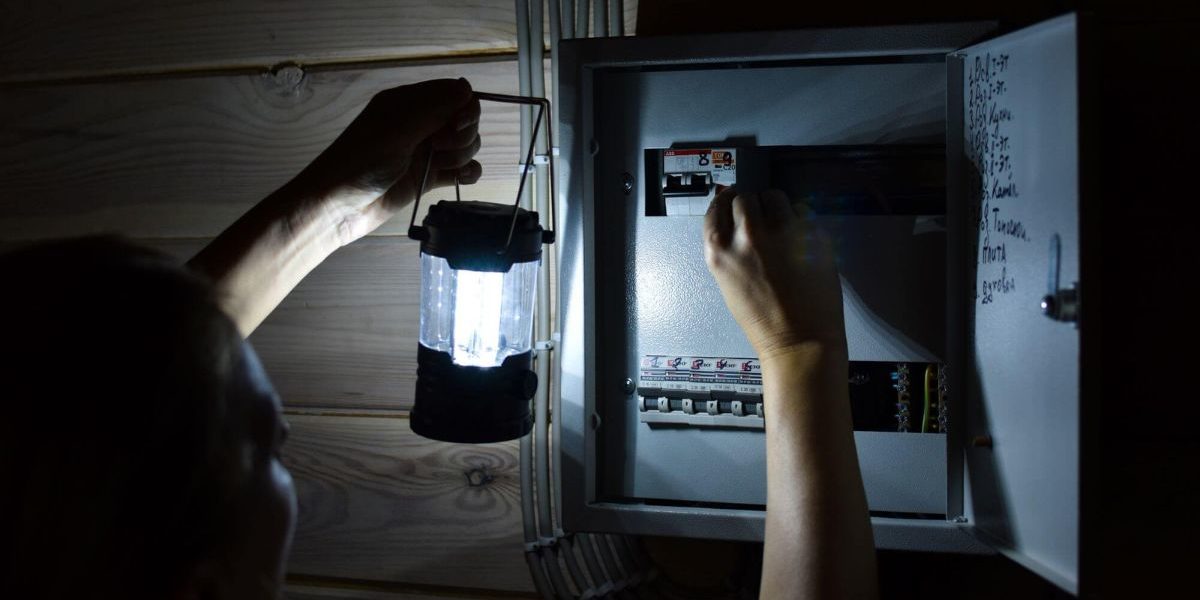When the power goes out unexpectedly, it can disrupt transportation, businesses, and much more. It’s important to know what to do if a power outage occurs.
How can I prepare for a power outage?
- Take inventory of the items you need that rely on electricity and plan for alternative power sources (batteries, power bank, etc.).
- Have flashlights ready for every household member.
- Make sure you have access to a working phone during a power outage.
- Talk to your medical provider about how to plan for medical devices powered by electricity or refrigerated medicine.
- Store nonperishable food and water.
- Install carbon monoxide detectors with battery backup in central locations on every level of your home.
What should I do if I experience a power outage?
- If the weather is extreme, find a community location with access to power.
- Keep freezers and refrigerators closed and use coolers with ice if necessary.
- Use generators, camp stoves or charcoal grills outside (at least 20 feet away from windows). Never use a gas stovetop or oven to heat your home.
- Turn off or disconnect appliances, equipment, or electronics.
What should I do after a power outage?
- Throw away food that has been exposed to temperatures 40 degrees or higher for two hours or more.
- If the power is out for more than a day, throw out any medication that should be refrigerated (unless label says otherwise).
Need more information?
If you didn’t find what you need on this page click here to read more online or you can dial 2-1-1 (888-892-1162). call specialists are available 24 hours a day, 7 days a week.
SOURCE: Ready.gov
Last updated 3/1/2023


